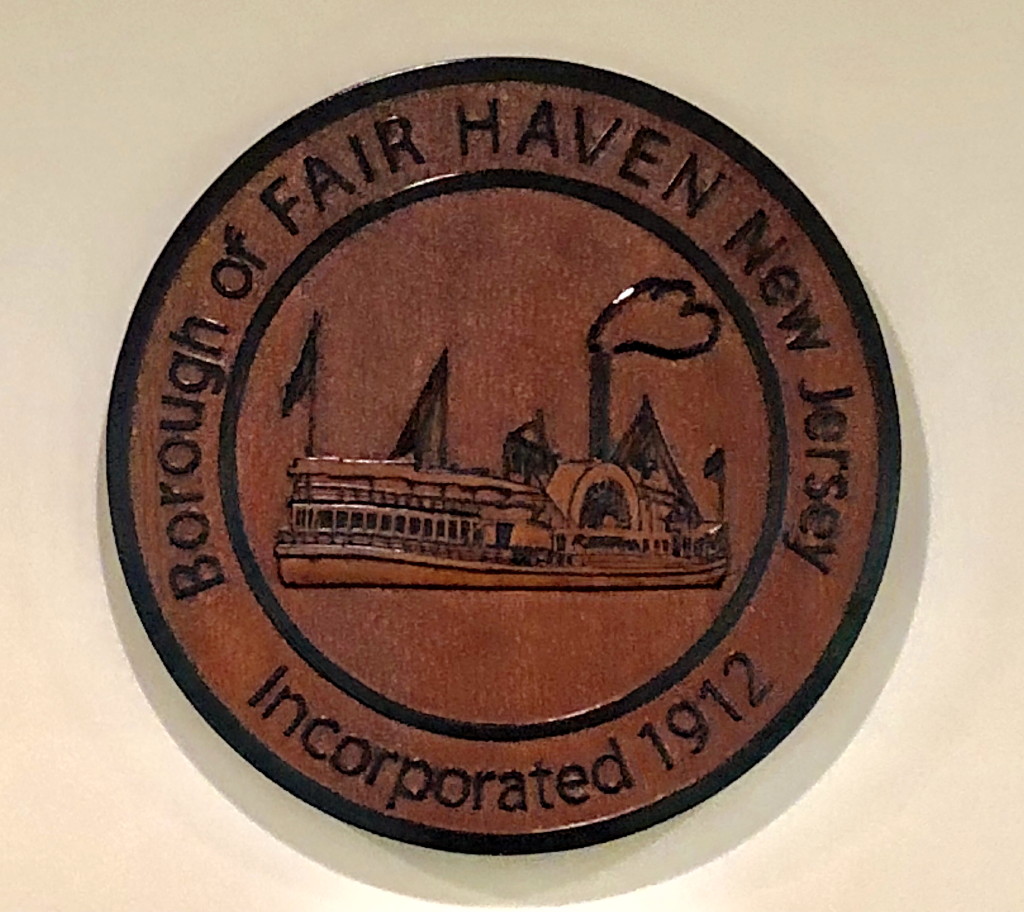Members of the Borough Council in Fair Haven have endorsed a preliminary plan that would provide opportunities for the development of affordable housing in the municipality.
The plan was adopted by the Planning Board on March 19 and may be amended or supplemented as it moves through the court review process, officials said.
On March 25, council President Jonathan Peter, Councilwoman Jacqueline Rice, Councilwoman Susan A. Sorensen, Councilman Christopher Rodriguez, Councilwoman Elizabeth Koch and Councilman James Banahan voted “yes” to endorse the compliance plan.
Prior to the council’s vote, Susan Gruel, the borough’s planner, discussed the nature of the municipality’s legal obligation to provide opportunities for the construction of 371 affordable housing units, which is the municipality’s legal obligation, in town.
Affordable housing is defined as housing that is sold or rented at below market rates to individuals and families whose income meets certain guidelines.
“Now is when you would say, ‘Where the heck do we put that number of units in a town that is essentially fully built out?’ Well, you don’t necessarily need to zone for all of that,” Gruel said.
She said the realistic development potential (RDP) of Fair Haven’s obligation could be addressed through the reuse and rehabilitation of the Department of Public Works (DPW) site at 1 Allen St. Gruel said between nine and 11 single-family homes are proposed at the DPW site.
According to a Fair Share Housing Plan issued by Fair Haven on March 20, “Municipalities can request an adjustment to their (affordable housing) obligation based on the determination there is not sufficient vacant or developable land within the municipality.”
The remainder of the borough’s obligation, which Gruel referred to as the unmet need, could be fulfilled by placing an overlay zone on a portion of what she described as the west commercial district and the site of the Christ Church United Methodist, 300 Ridge Road.
The site of the church would be zoned for the proposed construction of age-restricted homes, officials said.
An overlay zone is a zoning district that is applied over an established zoning district. The overlay zone would permit the construction of affordable housing on the designated properties sought out for such units, Gruel said.
Gruel said establishing a housing trust fund is another option. An housing trust fund is a housing program that complements federal, state and local efforts to increase and preserve safe and sanitary affordable housing for extremely low and very low income households.
“There is a constitutional obligation for every town to address its affordable housing obligation. In this plan, we tried to address (the obligation) and keep the vision of the borough intact to the extent that is possible,” Gruel said.
Following the planner’s remarks, residents expressed apprehension regarding the municipality’s legal obligation to provide additional opportunities for the development of affordable housing in Fair Haven.
Some residents said they did not understand why affordable housing is necessary and why affordable housing cannot be concentrated in one area of New Jersey. Other residents asked officials who would live in affordable housing that may be designated for individuals with a low or moderate income.
“The Supreme Court ruled it would be discriminatory to zone people out of your town,” Borough Attorney Salvatore Alfieri said. “That’s what started this mess 50 years ago.”
Fair Haven’s elected representatives said officials in most New Jersey towns must complete their due diligence and provide opportunities for the development of affordable housing.
Gruel said people who live in affordable housing, which has been designated for individuals who have a low to moderate income, may be single mothers raising children, public officials, teachers or young professionals.
Chris Hempstead, who has served on the borough’s Zoning Board of Adjustment, said the “logical” area to zone for affordable housing is the business district.
However, Hempstead said, “the density of the business district and the current traffic flow is a concern,” and he added that “everyone who is opposed to considering other (land) options scares me.”
Hempstead asked the council members to send the preliminary plan that includes the endorsement of a zoning overlay in the business district back to the Planning Board.
Mayor Ben Lucarelli responded to Hempstead, saying, “you raised these points in front of the Planning Board. You were given rational and legal reasons why what you are advocating for is not (supported).
Borough Administrator Theresa Casagrande said the courts do not endorse zoning overlays being placed on residential areas.
“There is a gun to every town’s head that does not have an (affordable housing) plan approved,” Alfieri said, adding that the council’s endorsement of the affordable housing plan could keep Fair Haven from being sued by developers.
Officials said a fairness hearing regarding the plan will be held in state Superior Court this month. A judge will review the proposed settlement in what municipal officials said is a regular part of the affordable housing process.

